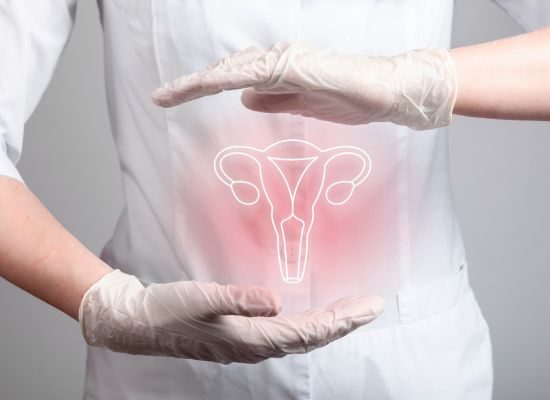Understanding Female Infertility: Causes, Diagnosis, and Treatment
Female infertility refers to the inability of a woman to conceive or carry a pregnancy to term after one year of regular, unprotected intercourse. It is a complex condition that can result from various factors affecting the reproductive system. At our Obstetrics and Gynecology practice, we specialize in diagnosing and treating female infertility, offering compassionate care and personalized treatment options to help women overcome fertility challenges and achieve their dream of parenthood.

